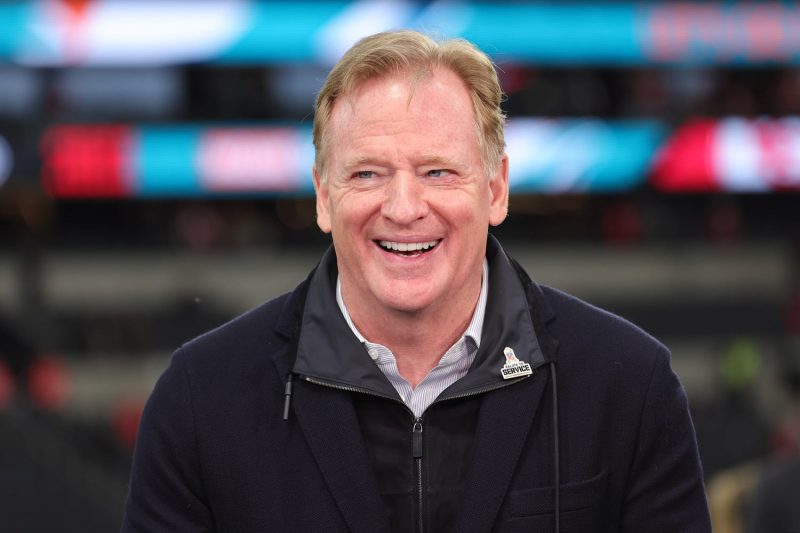In a bold move that could potentially reshape the landscape of professional sports ownership, the NFL recently announced that it is opening up the possibility of private equity firms owning stakes in its teams. This decision, if implemented, would mark a major departure from the traditional model of team ownership in the league, which has largely been dominated by individual, wealthy owners and families.
Commissioner Roger Goodell’s revelation that the NFL is considering allowing up to 10% ownership by private equity firms has sparked both excitement and concern within the sports industry. Proponents of the idea argue that bringing in private equity investors could provide teams with much-needed capital to invest in infrastructure, technology, and player development. Moreover, private equity firms are typically adept at maximizing the financial performance of the companies they invest in, which could potentially lead to increased profitability for NFL teams.
However, opponents fear that private equity ownership could lead to a focus on short-term profits at the expense of the long-term well-being of the teams and the league as a whole. Private equity firms are known for their aggressive cost-cutting strategies and demands for quick returns on their investments, which could clash with the NFL’s emphasis on competitive balance and sustainable growth. There are also concerns about how private equity ownership could impact the fan experience, with fears that ticket prices could rise and community engagement initiatives could be scaled back.
Despite these concerns, it is clear that the NFL is exploring new avenues for ownership to adapt to the rapidly evolving sports business landscape. With changing consumer preferences, technological advancements, and increasing competition from other entertainment options, professional sports leagues are under pressure to innovate and find new revenue streams. By opening the door to private equity ownership, the NFL is signaling its willingness to embrace change and explore new possibilities for growth.
The ultimate impact of private equity ownership on the NFL remains to be seen, but one thing is certain: this move has the potential to reshape the league’s ownership structure and business practices in significant ways. As the NFL continues to navigate the complex and ever-changing world of sports business, it will be crucial for all stakeholders to closely monitor the developments and ensure that the best interests of the teams, the league, and the fans are protected.
